Affiliate disclosure: This post may contain affiliate links. Please see our Privacy Policy.
Reishi Mushroom Tinctures are an easy way to extract the medicinal benefits of these abundant wild mushrooms. Reishi mushrooms have been shown to be Analgesic, Anti-inflammatory, Anti-bacterial, Anti-viral, Anti-oxidant, Anti-allergenic, and Anti-tumor.
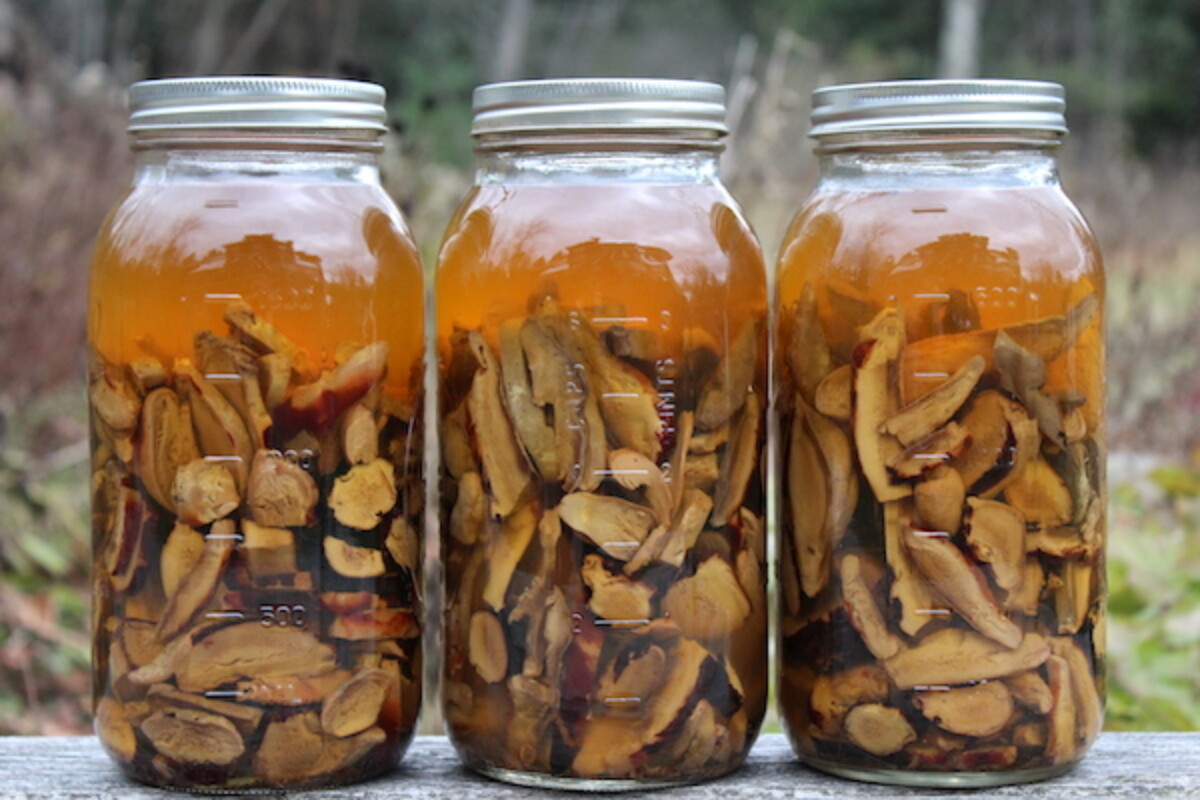
The term “medicinal mushroom” used to draw snickers and knowing glances, but these days science is recognizing legitimate medicinal uses for mushrooms. Reishi mushrooms have been used for centuries in traditional Chinese medicine, and western science is just beginning to explore their many uses.
Medicinal mushrooms such as reishi, chaga, maitake, turkey tail and shiitake contain both water-soluble components, known as polysaccharides and alcohol-soluble components known as triterpenes. For this reason, medicines made from reishi mushrooms often include a double extraction. This two-step process combines alcohol and water extracts to maximize the medicinal benefits.
Benefits of Reishi Mushroom Tincture
Reishi’s water-soluble polysaccharides have been shown to boost immune response, especially in relation to cancer cells. Studies show that “The polysaccharides from G. lucidum are believed to trigger an indirect antitumor mechanism in which the host immune system is altered to target the tumor cells.”
Specifically, a type of polysaccharide in reishi mushrooms know as beta-glucans “has the ability to induce both innate and adaptive immune responses…triggering a series of molecular pathways…which in turn, activate the host immune response for immune cell proliferation.”
Reishi’s alcohol-soluble triterpenes go a step further. Science has found that alcohol extracts from reishi mushrooms are “the only known source of a particular group of triterpenes, also known as ganoderic acids, which have been found to have direct cancer cell cytotoxicity on a wide variety of cancer cell lines, such as murine Lewis lung carcinoma (LLC) and Meth-A, and many of them have been suggested to counter angiogenesis and metastasis.”
What does all that mean? Water extracts boost your immune system and help your body combat cancer, while alcohol extracts combat cancer directly. Talk about a one-two punch!
Some traditional reishi preparations involve making a decoction by simmering the mushrooms for 2 hours. This preparation misses the benefits of the alcohol-soluble constituents.
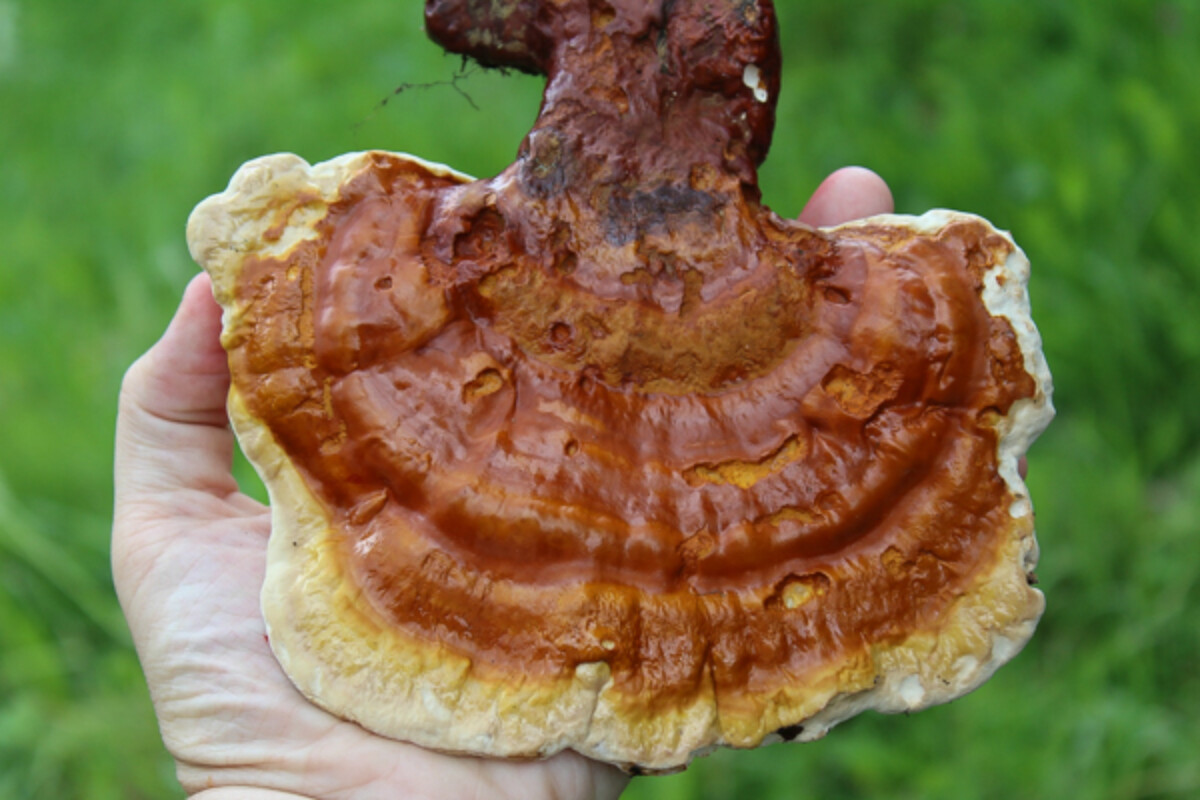
As a whole, western science has proven reishi mushroom extracts to be:
- Analgesic
- Anti-inflammatory
- Anti-bacterial
- Anti-viral
- Anti-oxidant
- Anti-allergenic
- Anti-tumor
Reishi mushrooms have also been shown to reduce blood pressure, blood cholesterol, blood sugar and reduce platelet aggregation that results in blood clots. Its effects on blood sugar were significant enough that it has been successfully used in the treatment of diabetes.
The antioxidant activity of compounds found in reishi mushrooms seems to target free radicals responsible for aging, and reishi helped reverse the effects of aging in lab mice. Reishi works to protect and strengthen the liver and has been successfully used for the treatment of chronic hepatitis B.
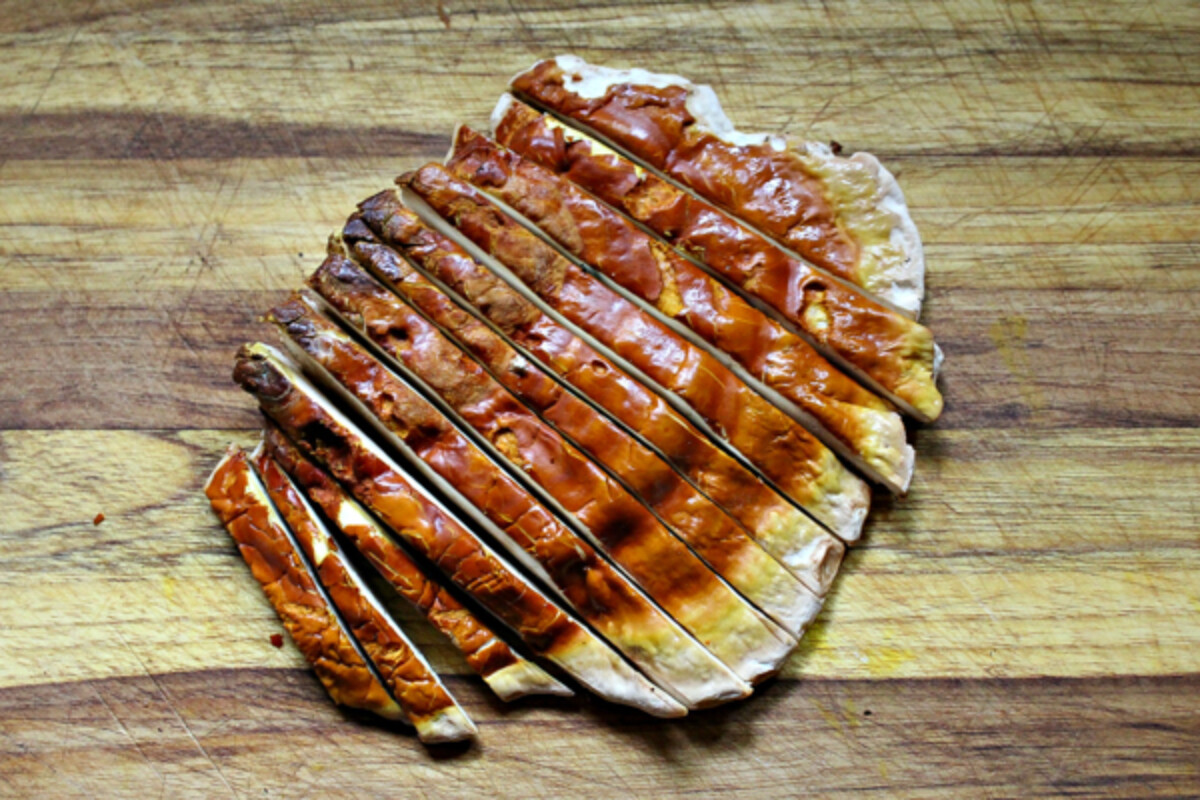
Disclaimer: I’ve written this article based on my own research and experience, but I am not a medical professional. Please do your own research and/or consult a healthcare professional to be sure a reishi tincture is right for you.
How to Make a Reishi Mushroom Tincture
Ingredients
- Thinly sliced Reishi Mushroom (either purchased dried or wild foraged)
- 80 proof alcohol, such as vodka
- Fresh spring water (or chlorine-free water of any sort)
Equipment
- Mason jar (pint, quart or a half-gallon depending on your batch size)
- Cooking pot
- Filtering equipment: funnel and mesh strainer or cheesecloth
- Tincture bottles for storage
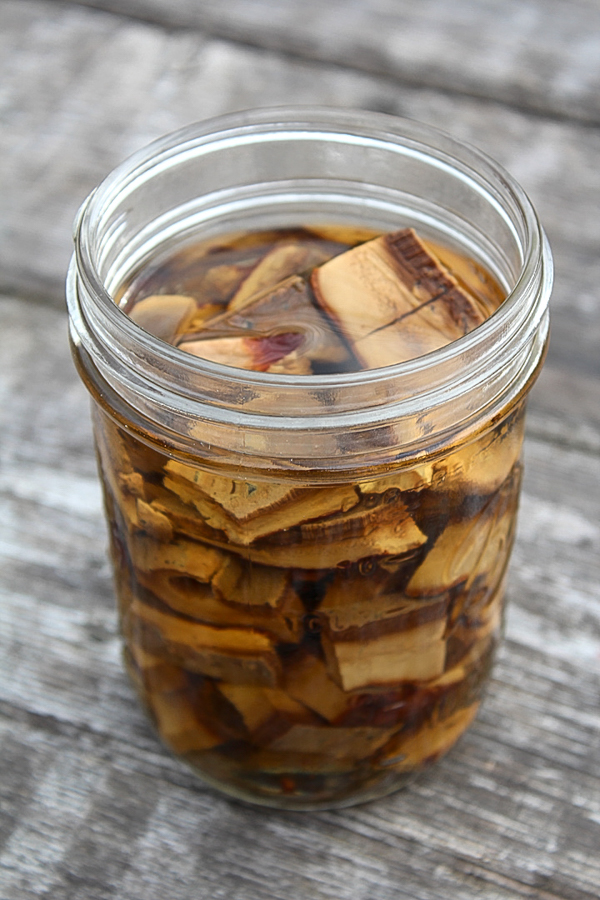
Instructions
Fill a mason jar about halfway with dried reishi mushrooms. Dried mushrooms will expand, and need a bit of extra space. If you’re using fresh reishi mushrooms that you were able to collect yourself, fill the jar 2/3 full.
Cover the mushrooms with 80 proof alcohol, filling the jar to within an inch of the top rim.
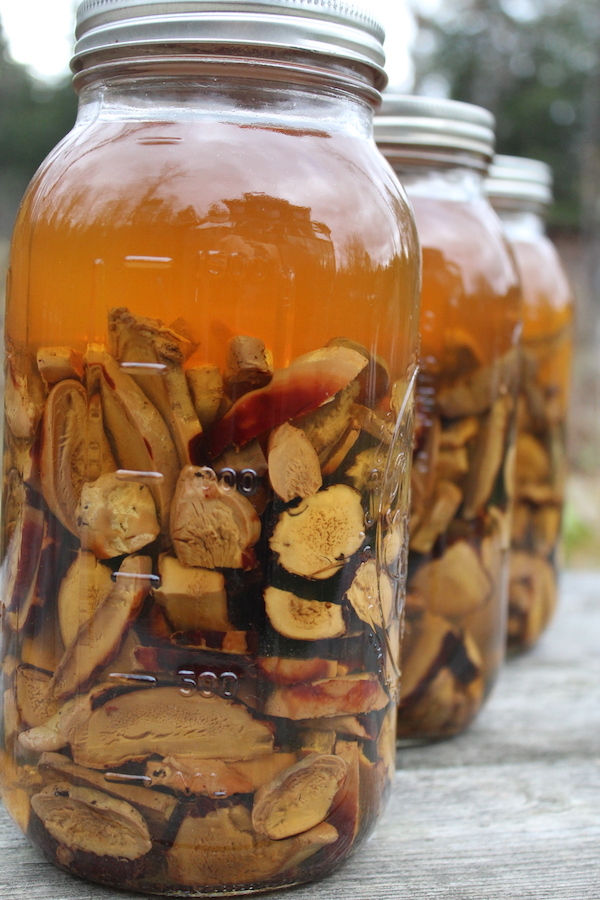
Let the mixture extract for 4 to 6 weeks. Ideally, it should be kept in a cool dark location like a pantry. To maximize extraction, shake the jar as often as you remember (daily would be ideal).
After the alcohol extraction is complete, strain through a fine-mesh strainer and set the alcohol aside. Measure how much alcohol extract you had remaining and make a note of it.
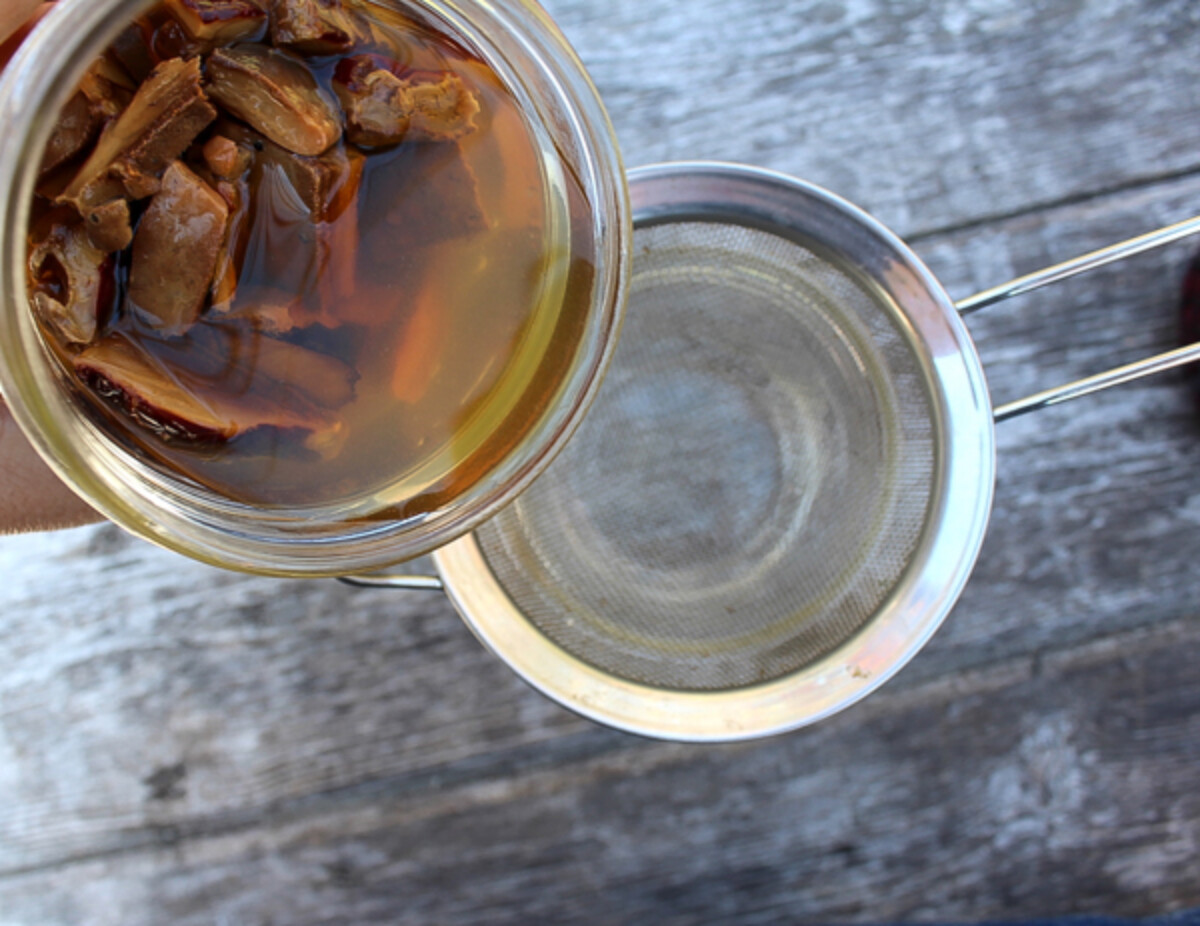
Place the strained mushrooms into a pot, and add about a half-gallon of water for every 2 cups of mushrooms. Simmer the mushrooms on low for 2 hours, keeping an eye on the water level. Do not let it boil dry.
The water extract should be reduced to about 1/3 of the quantity of alcohol extract. For example, if your strained alcohol extract was a total of 24 ounces (3 cups), you’ll want to reduce your water extract to 8 ounces (1 cup).
This 3 to 1 ratio will ensure that your final extract has a high enough alcohol percentage to be shelf-stable. Once the water extract has cooled, mix it with the alcohol extract and bottle in an amber tincture bottle.
Store in a cool, dark place. The dosage for reishi tincture is generally 1 full dropper per day but can vary based on your particular circumstance.
Medicinal Mushroom Tinctures
The beneficial properties of medicinal mushrooms are often best preserved in tinctures, where both the alcohol and water-soluble portions are extracted at the same time.
Reminder: I’ve written this article based on my own research and experience, but I am not a medical professional. Please do your own research and/or consult a healthcare professional to be sure a reishi tincture is right for you.
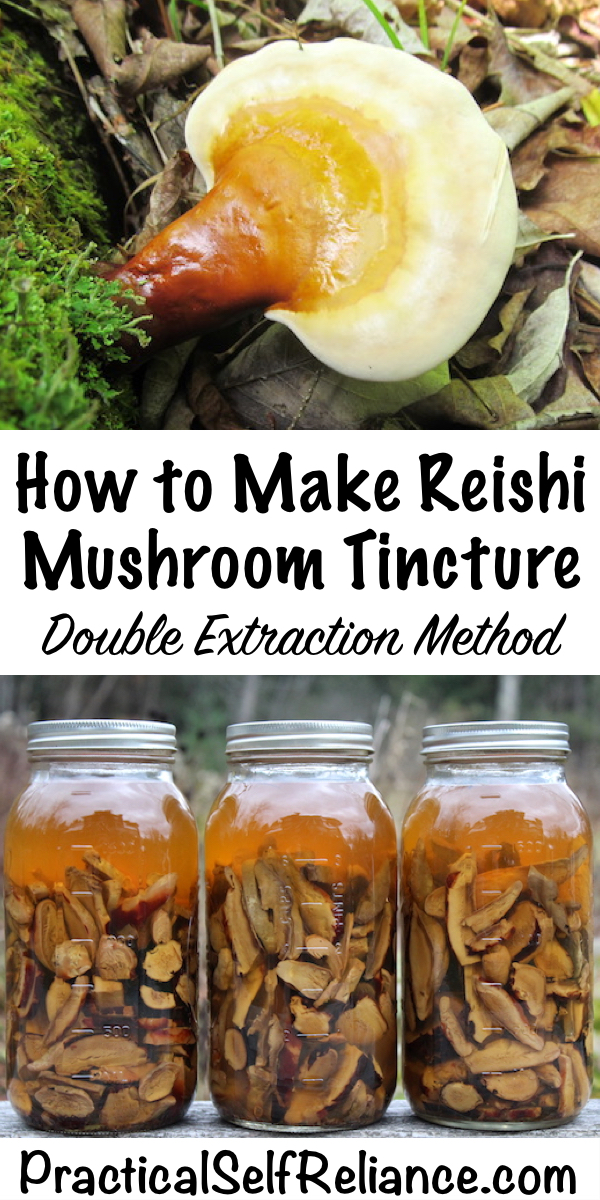
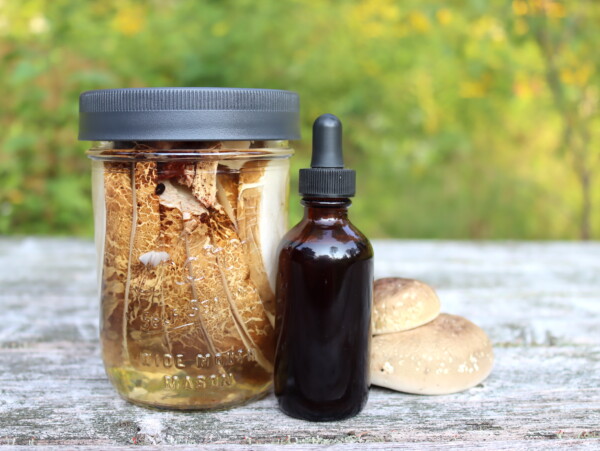
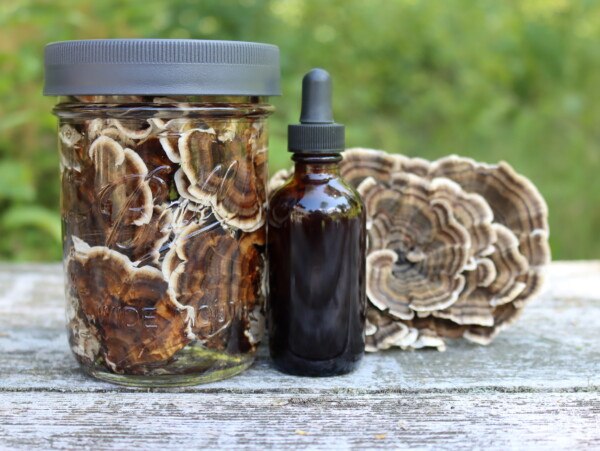
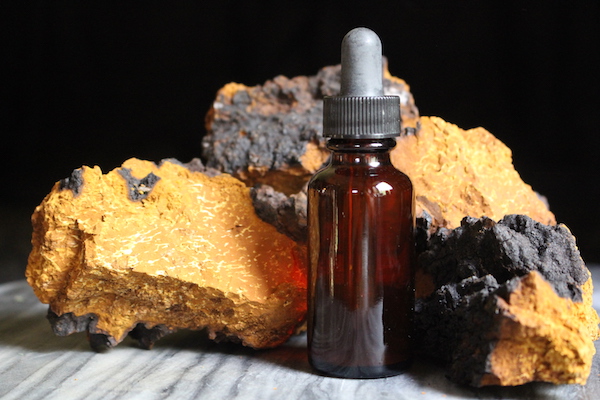





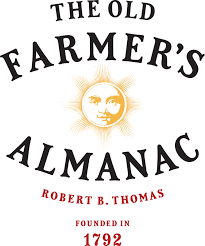

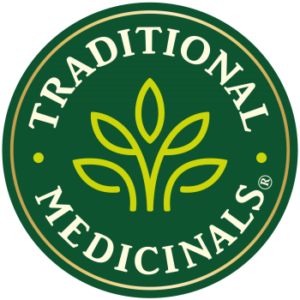

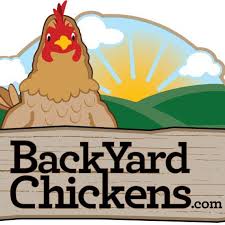
I live in the PNW and have a lot of ganoderma conks growing on the dead Hemlocks in my property. I have a freeze dryer and am wondering if it would be beneficial to cut some up and freeze dry them first before doing a tincture?
I’m not sure. I haven’t really experimented with that but it’s certainly worth trying.
Hi. I love your site, but I think you flipped the ration for shelf stability. Way too much alcohol. Not a terrible thing but costly and wasteful. Happy growing!
Hi! Just what I was looking for on reishi tincture. Thank you. I do have a question: after you’ve made a double extract tincture, what do you do with the mushrooms? Example: after making fire cider, I use a masticating juicer to get out any remaining juice after having been strained and I dehydrate the remaining pulp, grind to fine powder, and will use as a spice or put into capsules as a supplement. Nothing wasted. So, can I do this for the leftover reishi? I hate to waste it if there are still benefits left.
I don’t see any reason why you couldn’t do the same with the reishi.
are the mushrooms of any use once they’ve been tinctured and boiled? for example could they be eaten, or boiled again for tea — or are they pretty much exhausted after the whole process?
A lot of the nutritional value will be gone once they have been tinctured or boiled.
I have made Lions mane and Chaga extract using a recipe from the HerbNerd website which is professionally done. It’s very precise.
Hi there,
Can one still use the reishi infused alcohol if it has been steeping for say, close to 2 years? I began the alcohol extraction and completely forgot about it. The jar has been in my cupboard since the start of the first lockdown… Can I still use this extraction and continue on with the water extraction? Also, part of the reishi is not submerged in vodka anymore- I guess the liquid must have evaporated over time- but there is no mould, all looks clear. Still safe to use?Thank you!
The alcohol should still be safe to use as long as you don’t see any visible signs of spoilage.
Thanks for putting this together! As it turns out we have ALOT of reishis growing on our property in upstate NY and I previously had no idea what to do with them. I’ve just finished my first extraction resulting in about 80 2oz bottles full! Couple of questions though. How dark or light should the finished product be assuming about 8 weeks of sitting in the 80 proof alcohol? Also what are some recommended “mixers” to consume this daily as the taste is somewhat boozy/earthy.
Thanks again!!
It may be a little darker color if you have allowed it to infuse for a longer period of time. Some people just take it straight and others mix it with water. I have found grape juice to be the best option to help disguise the flavor.
What size tincture bottle should I use so I know appropriate dosage?
The bottles used for this project are a 2 oz. dropper bottle. You can find a link for the bottles in the post.
Hi there! I finished up the second stage of my extraction recently and actually had been using a YouTube video to learn how to make this tincture, so I wasn’t aware of the 3 to 1 ratio you’ve mentioned. My ratio is basically 1:1 alcohol to water currently; would I basically just need to combined 1 mason jar of my current 1:1 mixture plus a second mason jar of vodka to make it more foolproof? Thanks in advance for any advice you can offer!
Yes, you could just add more alcohol to get it to the appropriate alcohol ratio.
Hi. I picked some wild reishi tsugai, sliced them up and them spread them in a paper towel lined strainer to dry. I forgot that i had placed them in 2 layers and never rotated them. The top layer has dried out well but the paper towel in the lower layer stayed a bit moist and some of the sloced muchrooms on that layer appear to have not dried well. Some peices appaer to have a greyish mold on them. Is there anyway to salvage the mushroom strips that did not dry properly?
If they have mold on them then I would throw them out.
Hey there!
I’m just curious… I see on almost every double extraction website they say the alcohol percentage should be about 25-30% compared to the “tea” decoction, but your instructions are almost opposite that. Have you noticed this? I’d love your thoughts as I’m about to begin the second extraction process! Appreciate it!
I haven’t seen any sources that show that ratio. Do you happen to have a link from a reputable source that you can share?
I have used the Herb Nerd YouTube channel to make Lions mane and Chaga extract in the past. She has past experiences in lab production. I found her recipe the best around. https://youtu.be/RKTvaNcPEqw
Thanks for sharing.
Does anyone have recommendations on flavoring agents? My tincture is a rather earthy as is. And it got me thinking about adding thyme, orange peel, cinnamon, or other herbs to make the tincture into something a little more interesting on its own, and who knows, perhaps suitable for mixing into a cocktail or hot toddy.
I have never really thought about that but it’s an interesting question. Maybe someone will have some suggestions.
Hi Ashley
Very nice information
My question is this.I put reishi mushroom for 6 weeks in everclear 95% -190 proof.Now I’m ready to combine the the alcohol with the water from the decoction,but I’m sure about the ratio to get a product with enough alcohol.
Thank you
You want a 3 to 1 ratio of alcohol to water. For example, if you have 3 cups of alcohol then you would want 1 cup of the water decoction.
Hi! Been following the directions here (Thanks!) for a bunch a Reishi I found — got everything in masons jars with alcohol stored in a dark place, then kinda forgot about them for a year. Is that too long for them to be sitting? Everything looks ok (no mold)
Thanks!
I would say if it looks and smells ok then it should be fine.
Hi,thank you very much for all the information. I made the tincture following your recipe and as some of people have mentioned, mine has some floating things growing in the bottle. It doesn’t look like mold and it is not on the surface, it’s at the bottom.
I appreciate your thoughts about it.
That’s no problem, you will just want to strain it until it’s clear.
Thank you very much for your quick response. I really appreciate it.
You’re welcome.
I appreciate the information. I live in middle TN and don’t see too many but we do in east Tennessee. I’m starting to get more into the fungi. I buy and sell herbs barks mushrooms… Botanicals I guess. Always looking for new inventory. I buy lots of different kinds. My business is Upper Cumberland Roots. I would love to talk sometime if you get a chance. Thanks and have a great day.
So glad you enjoyed the article.
I followed this article to make my first reishi tincture and found the resulting liquid to be black. Is this black liquid normal. I was quite surprised to find it turning black after awhile. Is this normal?
I am wondering if maybe you may have used a different species of Reishi? Did you forage for them or did you purchase them?
I grew them myself. Ganoderma lucidum
I am not sure what would cause it to turn that color. Were the mushrooms darker when you started out?